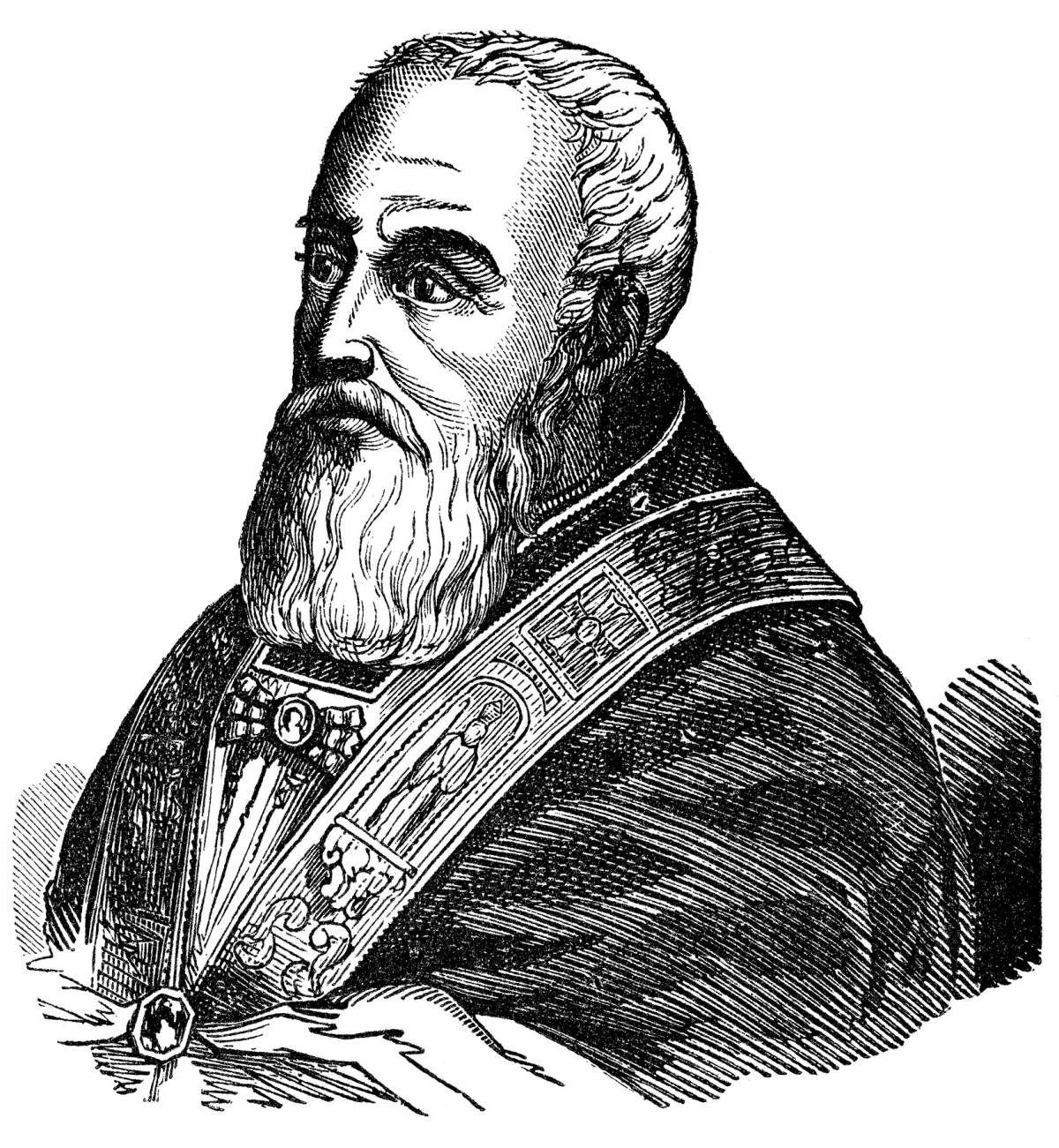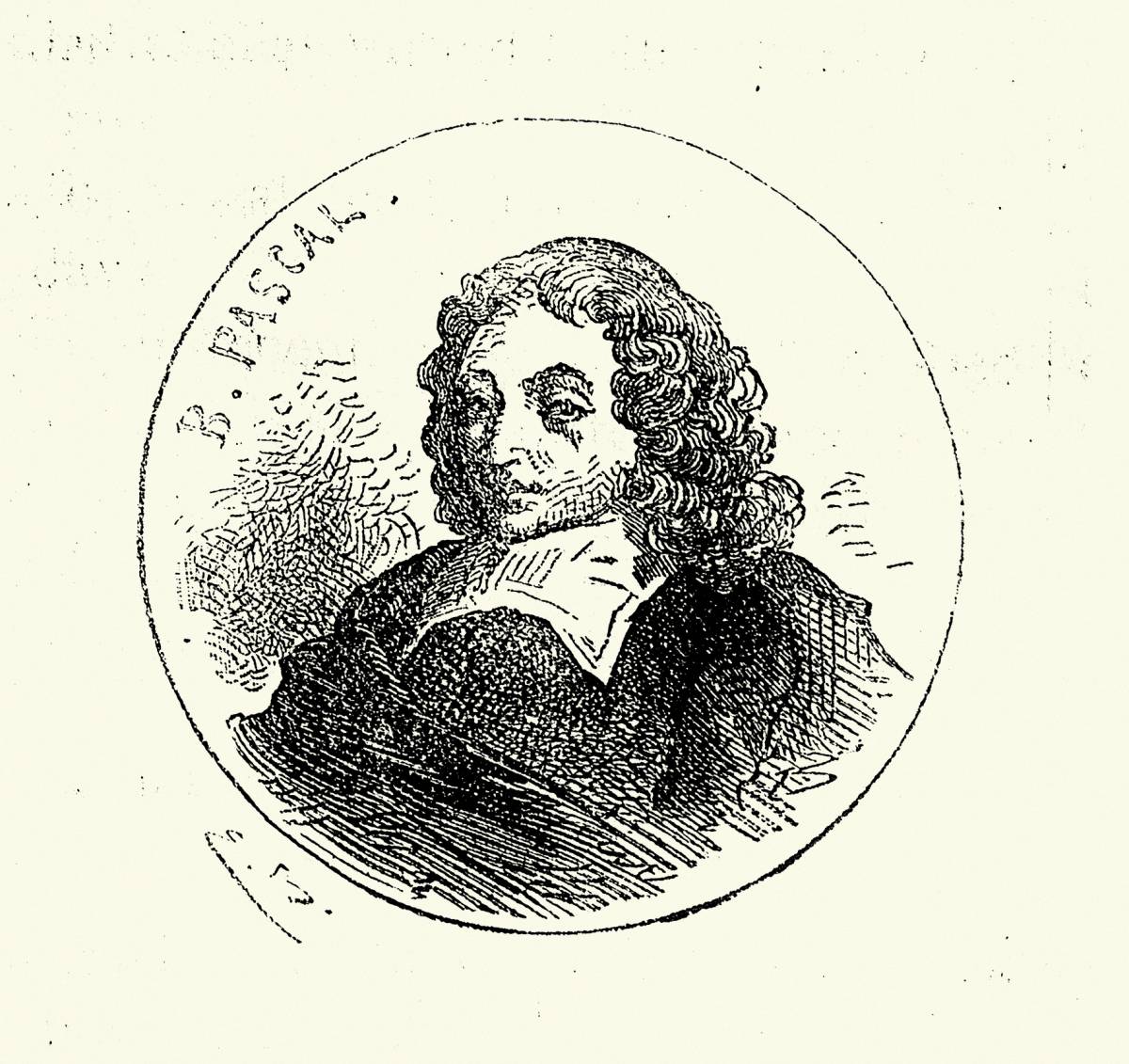Augustine, the great saint, philosopher, and theologian of the early Church, wrote this simple and yet very profound insight in his classic work, “Confessions:” “You have made us for yourself, O Lord, and our heart is restless until it rests in you.” Augustine’s intimate intuition here came from his personal experience of God’s patience, love, and mercy. He uses the imagery of the human heart here, not as the fleshy organ that is central to the life and well-being of our physical bodies, but as that which is within us that is made for eternity, that which is made in the image and likeness of the Creator. In that sense, it is the spiritual center of our being made of and for love itself, both in the here and now and for eternity.

Blaise Pascal described it this way: “There is a God-shaped vacuum in the heart of every person which cannot be filled by any created thing, but only by God the Creator, made known to us in Jesus Christ.” What an image! The ‘heart’ is an infinite ‘God-shaped’ space within us that nothing in all of creation can fill. Pascal, too, is recognizing the theological truth here that each ‘heart’, that is, the very center of each of our unique and individual selves, is made in the image and likeness of God. He came to recognize in his own experience that at the core of his own unique personhood, there was what he called that ‘God-shaped vacuum’, yearning to be filled. He came to understand that the ‘vacuum in the heart of every person’ is made for that which is greater than the self, something transcendent, infinite, and eternal, in other words, for God.
We live in a material world. Our experience tells us that everything has its limits, even and especially our own lives. We know that everything that is born in this world is destined to die. Yet what Augustine and Pascal intuit in their lived experiences is revealed to us, even more profoundly, in the Gospel accounts of the infinite God’s infinite love for us, revealed in Jesus Christ. We are, indeed, made for something different, something greater. Why? Because we, at the core of our being, are each made uniquely in God’s image and likeness. It is because we have this “God-shaped vacuum” within us that we can come to know God. When we let God fill this ‘God-shaped’ space within us, we begin to find the capacity to be truly more compassionate, more generous, more merciful, and more forgiving. In other words, we become more like the disciples that Jesus calls us to be. As Father Donald Haggarty put it, “To give ourselves to God in prayer is to find a door in our heart unlocking and opening to the hearts of other people.” It is then that we begin to fulfill the demands of the Two Great Commandments, to love God with our whole being and to love our neighbors as ourselves.

Augustine lived in very difficult times. In many ways, they were not much different than our own. The Roman Empire was in its last days. Society was collapsing into moral decadence, the Christian Church was struggling against many different heresies, and the political and economic realms were collapsing under corruption and invaders, in the form of the Vandals and others, who were conquering and destroying the old order. To put it in another way, the people of that time were experiencing that restlessness of heart that Augustine spoke of in his “Confessions.” But both Augustine and Pascal came to understand that God has given us hearts that are made for a greatness far beyond that which the world presumes to possess the power to give us.
The rest that our hearts desire awaits us in God alone. There is nothing that the world can offer that can fill the God-shaped vacuum in our hearts. Augustine knew the world. He had gone into it with a passion, attempting to fulfill all of his desires, physical and intellectual. He had a concubine and a child. He had found great recognition and worldly success as a result of his profound intellect, his ever-questing mind, and his rhetorical skills. In the end, though, he found no happiness, no rest in any of the supposedly great pleasures of the world. It was only when the veil of his arrogance was pierced by the voice of a child chanting, “Tolle, lege; tolle, lege,” “Take and read; take and read,” in the orchard next to where he lived that he began to open his heart to God. He went in and, as was the custom of the time, he randomly opened a copy of the scriptures. It fell open to Romans 13: 13-14 that speaks about putting away worldly things and, rather, putting on Jesus Christ. This passage marked the beginning of his conversion journey. For the rest of his life, he was able to serve God as a priest and bishop, to write powerful reflections on the Christian faith, and to confront the heresies that were rampant at the time with reason, faith, and compassion. All of this was because he opened his heart up to be filled by God. It was then, and only then, that he finally found the rest for which his heart was made.

Lord, we, too, live in restless times, and our own hearts are driven too often by our own restless efforts to find happiness in the things of the world. Help us to see that you alone can give us the happiness and the rest our ‘God-shaped’ hearts desire. We pray, Lord, that you heal our wounds, relieve our fears, and strengthen us where we are weak. Increase in us the virtues of faith, hope, and love, so that we may come to know you more clearly, to love you more dearly, and to finally find our rest in you. We pray in your most holy name, Jesus. Amen.
SKM: below-content placeholderWhizzco for FHB

